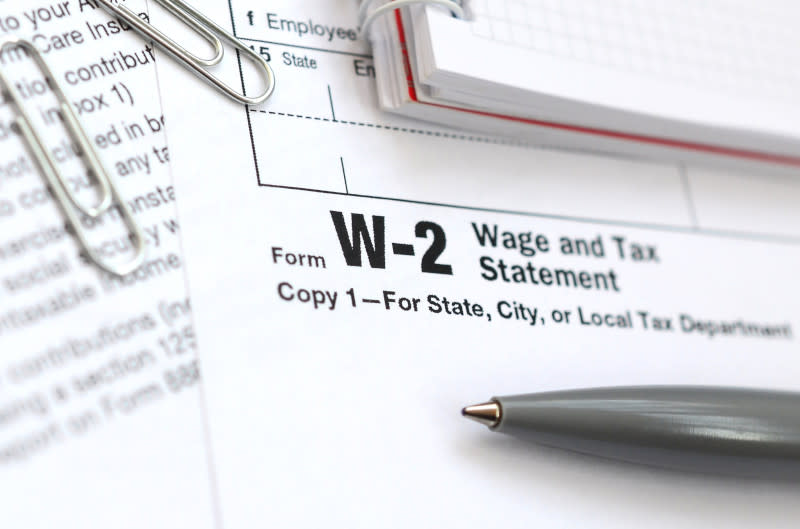
Guide | Home Buying

Don’t let these 5 mistakes get in the way of your home loan application.
Thinking of applying for a home loan? Whether you are ready to find a new home now or plan to in the future, there are roadblocks you will want to avoid when applying and starting the loan process. Vanderbilt is here for you every step of the way, and we want your journey to be as smooth as possible. So, learn these 5 tips on what to do, and not to do, before you apply for a mortgage.

Before filling out a mortgage application, check your credit score and history. Your credit score is an important factor a lender looks at when considering your application. It can affect what loan types and rates you are eligible for, so knowing your score beforehand can help you know what you may qualify for. In addition, checking your credit will help you be aware of any possible errors.
If you find an error in your credit report, you can dispute it. Removing credits errors before you apply for a home helps lenders see your most accurate information and make a better decision on your application. You can access a free credit report from each of the three major consumer reporting companies at least every 12 months from Annual Credit Report, and several credit cards offer credit score monitoring with their services.

If you are ready to apply for a mortgage, now may not be the best time to quit your job, start a new business or make an employment change. Your employment and income are big parts of the home loan application review process. If you recently quit your job and are currently looking for a new one, you’ll likely want to hold off on applying for a loan until you have started your new job.
If you’re starting a new business venture of your own, you would not have any documented income history through taxes or profit and loss statements. Typically, lenders require two years of work history or self-employment history. Of course, there can also be special circumstances, like having a job for a year straight out of college or receiving income from retirement benefits and Social Security.
Now, some people do have to change jobs while applying for a loan. For example, you may be buying a home because you are moving to another state for a new job. Letting your lender know that up front can help save time. A job contract detailing your new income may be required, but the lender will know to ask for that in the beginning. If you do make a sudden job change during the loan process, know that delays may happen as your new employment and income will need to be verified.

Both opening and closing lines of credit at this time can affect your credit score, which in turn affects your application. Hold off on doing either if you want to apply for a mortgage, and continue to refrain until you have fully closed on your home.
Also, making a big purchase – like a vehicle or a full living room furniture set – before or during the home loan application process will also impact the amount of debt you owe. Your debt-to-income ratio is part of what can determine the terms of your home loan and the amount your application can be approved for.

Having all of your information on hand is really helpful when applying for a loan and also makes the loan process smoother. You may be asked for items to fulfill your loan conditions, such as identification, check stubs, benefit letters, tax documents and more. Make sure you have the information and know where these documents are. Keep documents like taxes, benefit letters and identification current. Having out-of-date or incomplete information can prolong the process as you wait on updated documents.

Normally, you will put your gross income (your income before taxes) on your application. In that amount, you may also include income like overtime, bonuses, tips and seasonal work. This income can be counted but might come with stipulations. The loan specialist will review these income sources to determine whether they have been documented, guaranteed and predictable in the past. If those income sources don’t meet loan requirements, however, your total income may be less than you expected. Speak with a loan specialist and ask any questions you may have about proof of income requirements for your circumstances.
So now that you know common mistakes not to make before the home loan process, take a look at best practices for preparing financially for your new home.

Guide | Home Buying

Article | Home Buying

Article | Home Buying
Stay in the Know
By subscribing, I agree that Vanderbilt Mortgage may contact me by telephone, provide me with marketing communications about Vanderbilt Mortgage products and services, and share my contact information as described in our website terms.